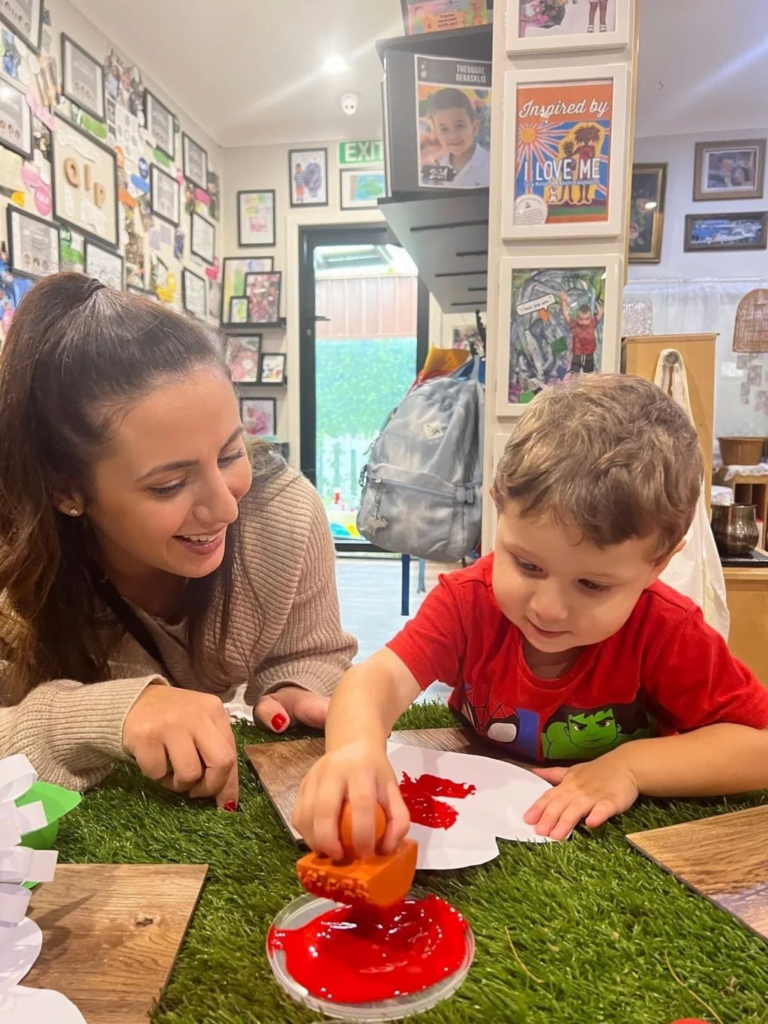Entering a new care environment can be a significant transition for both children and families alike. It marks the beginning of a new routine, new faces, and a new environment. Settling into care is a process that requires patience, understanding, and support from all involved parties. In this blog, we’ll explore the importance of this transition period and provide tips for making the transition to Stepping Stones as smooth as possible.
For many children, entering into care is their first experience of being away from their primary caregivers for an extended period. This separation can be emotionally challenging for both the child and the parent. However, settling into care is an essential aspect of early childhood development for several reasons:
Social and Emotional Development:
Being in a care setting provides children with opportunities to interact with peers and develop social skills. It teaches them how to share, cooperate, and communicate effectively with others.
Independence and Confidence: Learning to navigate new environments and routines fosters independence and self-confidence in young children. It helps them develop a sense of autonomy and resilience.
Cognitive Stimulation: Quality education and care environments offer age-appropriate experiences and materials that stimulate cognitive development. Children have the chance to explore, learn, and discover new things in a safe and nurturing setting.
Preparation for School: Settling into care lays the foundation for future academic success by familiarising children with the structure and expectations of a school-like environment.
Tips for a Smooth Transition
Visit Stepping Stones in Advance: Before your child’s official start date, visit Stepping Stones with your child. Familiarise them with the environment, introduce them to the educators, and if possible, allow them to explore and ask questions.
Establish a Routine: Consistency is key for young children. Establish a predictable routine for drop-off and pick-up times. Create rituals or special goodbyes to reassure your child during the separation. Our educators can help you develop a routine that works for you.
Stay Positive and Reassuring: Children often pick up on their parents’ emotions. Stay calm, positive, and reassuring during drop-off. Let your child know that you trust the educators and that you’ll be back to pick them up.
Communicate with Educators: Build a strong partnership with your child’s educators. Share information about your child’s likes, dislikes, routines, and any special needs or concerns. Open communication fosters trust and collaboration.

Stay Connected: You can stay connected with your child’s educators via our Stepping Stones app. The app offers daily reports and photos to keep parents informed and involved throughout your child’s day.
Be Patient: Every child is unique, and some may take longer to adjust than others. Be patient and understanding during the settling-in period. It’s normal for children to experience some separation anxiety initially. Our educators are committed to fostering a sense of security for you and your child and will support you through this settling period.
Settling into care is a significant milestone in a child’s early years. It’s a time of transition, growth, and learning for both children and parents. By understanding the importance of this period and implementing strategies for a smooth transition, you can help your child thrive as they transition into the Stepping Stones care environment, With patience, consistency, and support, you’ll lay the groundwork for a positive and fulfilling early childhood experience.
